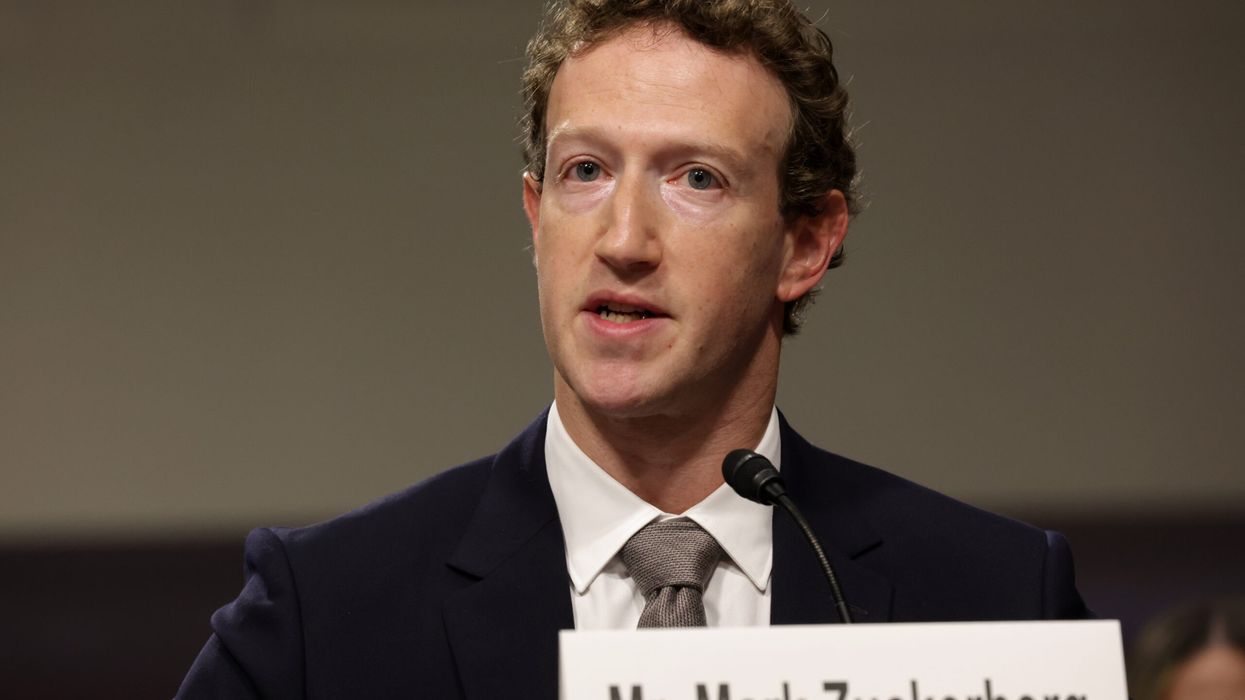Meta has announced the launch of an enhanced AI assistant built on updated versions of its open-source Llama large language model, offering improved performance and intelligence.
According to a blog post from Meta, the latest Llama 3 models have led to a smarter and faster Meta AI. Co-founder and CEO Mark Zuckerberg expressed confidence in the new AI assistant, stating, "We believe Meta AI is now the most intelligent AI assistant that you can freely use."
The open-source nature of Llama 3 allows developers outside of Meta to customise the model to their needs, and the company can then incorporate these improvements and insights in subsequent versions.
Meta is committed to reducing risks associated with AI and ensuring that the technology is developed and released responsibly. This includes implementing safeguards in the design and release of Llama models, as well as exercising caution when adding generative AI features to Facebook, Instagram, WhatsApp, and Messenger.
"We've made Meta AI easier to use across our apps," Zuckerberg explained in a video on Instagram, emphasising the seamless integration of AI within the search boxes on WhatsApp, Facebook, and Instagram Messenger.
AI models, including Meta's, can sometimes produce inaccurate or unexpected responses, a phenomenon known as "hallucinations." To counter this, Meta has been continually refining its AI technology to provide better, more reliable answers to prompts.
Meta is taking a steady approach to building its AI capabilities, which has initially placed the company behind in terms of consumer awareness and usage. However, the vast user base across its social media apps offers Meta a unique opportunity to quickly test and deploy AI-powered features to billions of users.
The company cited its efforts to refine AI responses, particularly on topics like politics and social issues, aiming to offer summaries of relevant points rather than one-sided views.
Meta's Llama 3 model has been tuned to better distinguish between innocuous and inappropriate prompts, preventing the AI from responding to potentially harmful queries.
To increase transparency, Meta will begin labeling AI-generated content such as video, audio, and images as "Made with AI" starting in May. Llama 3 is currently English-based, but Meta plans to release more advanced models that support multiple languages in the coming months.




